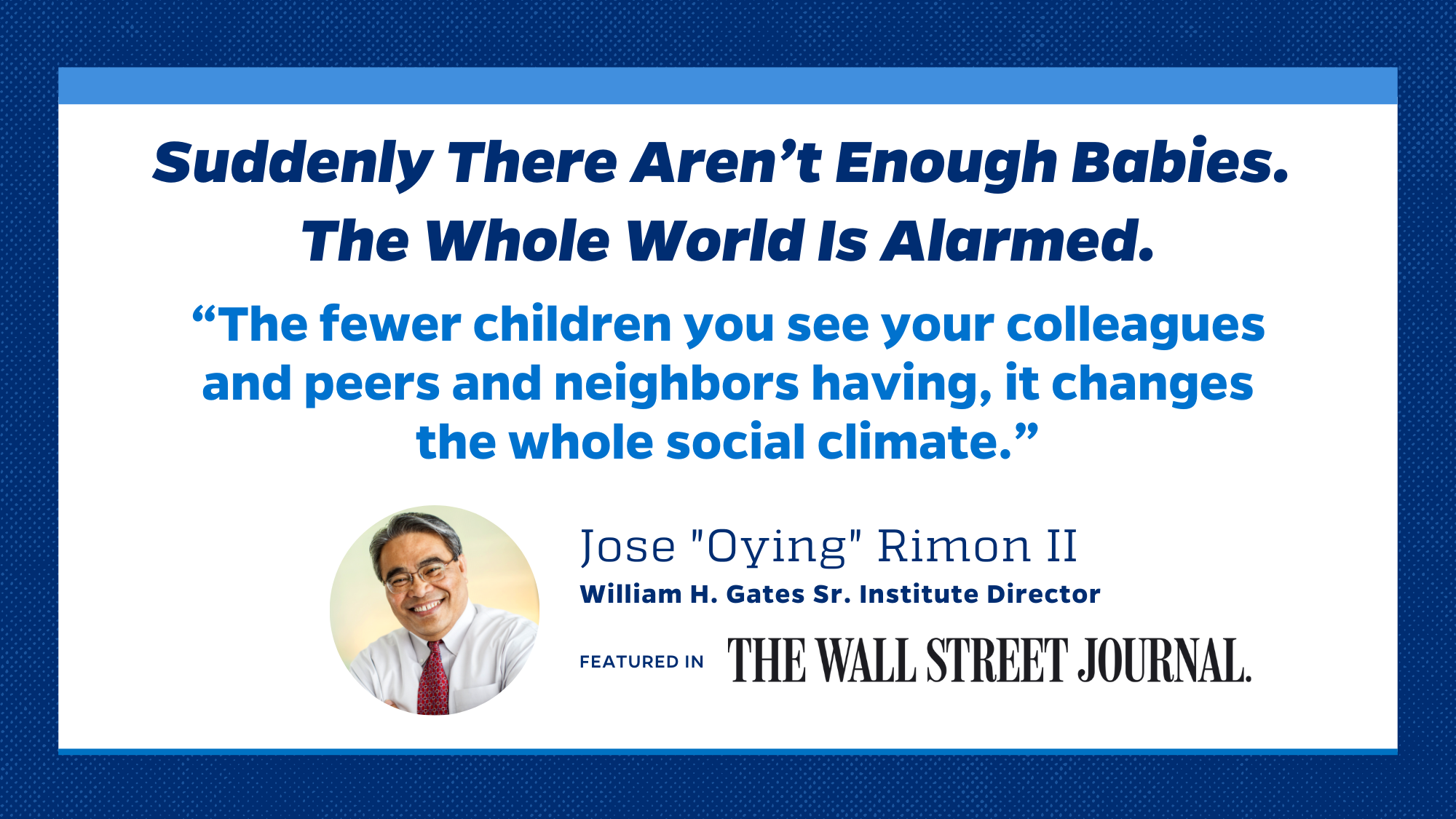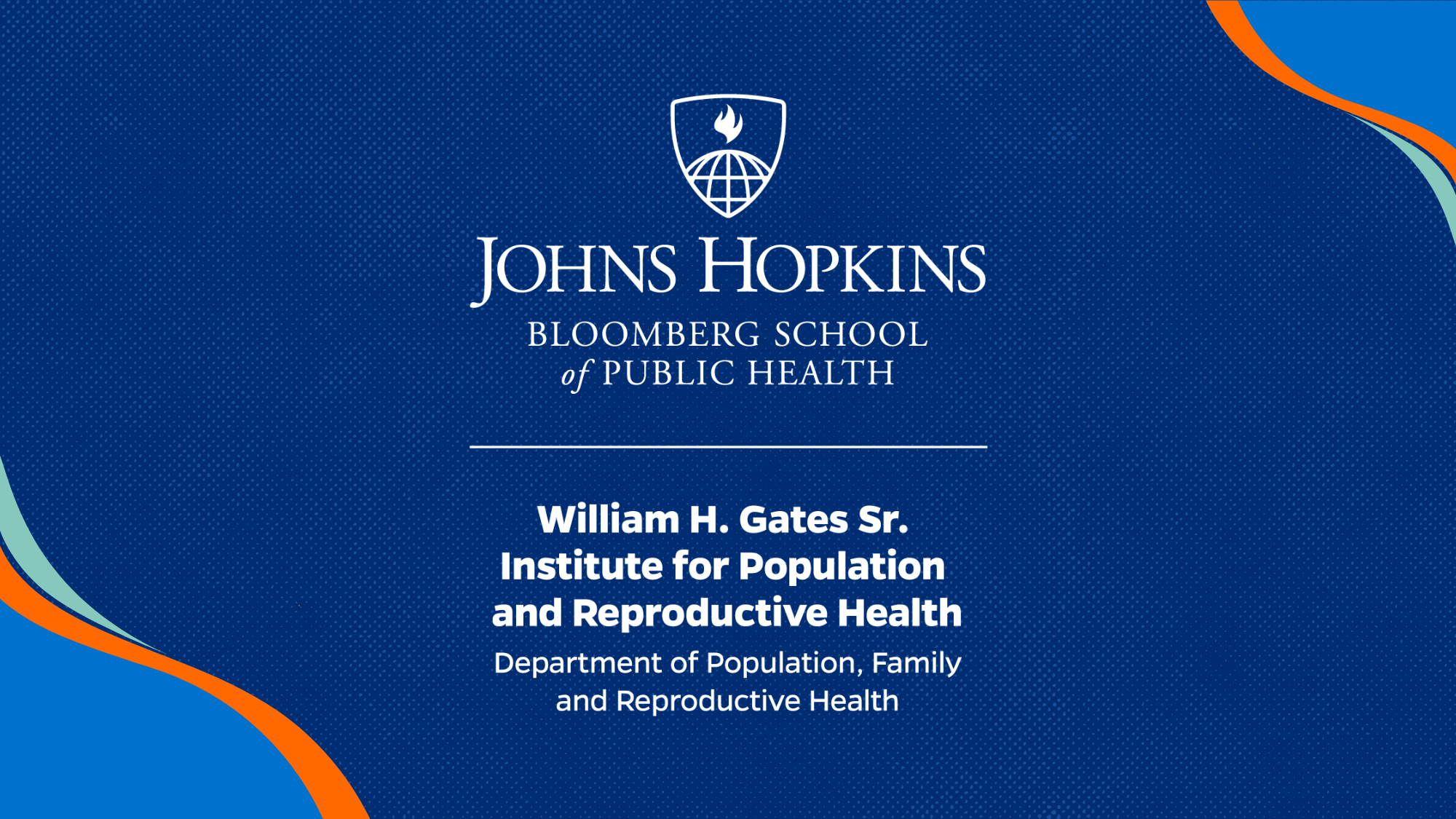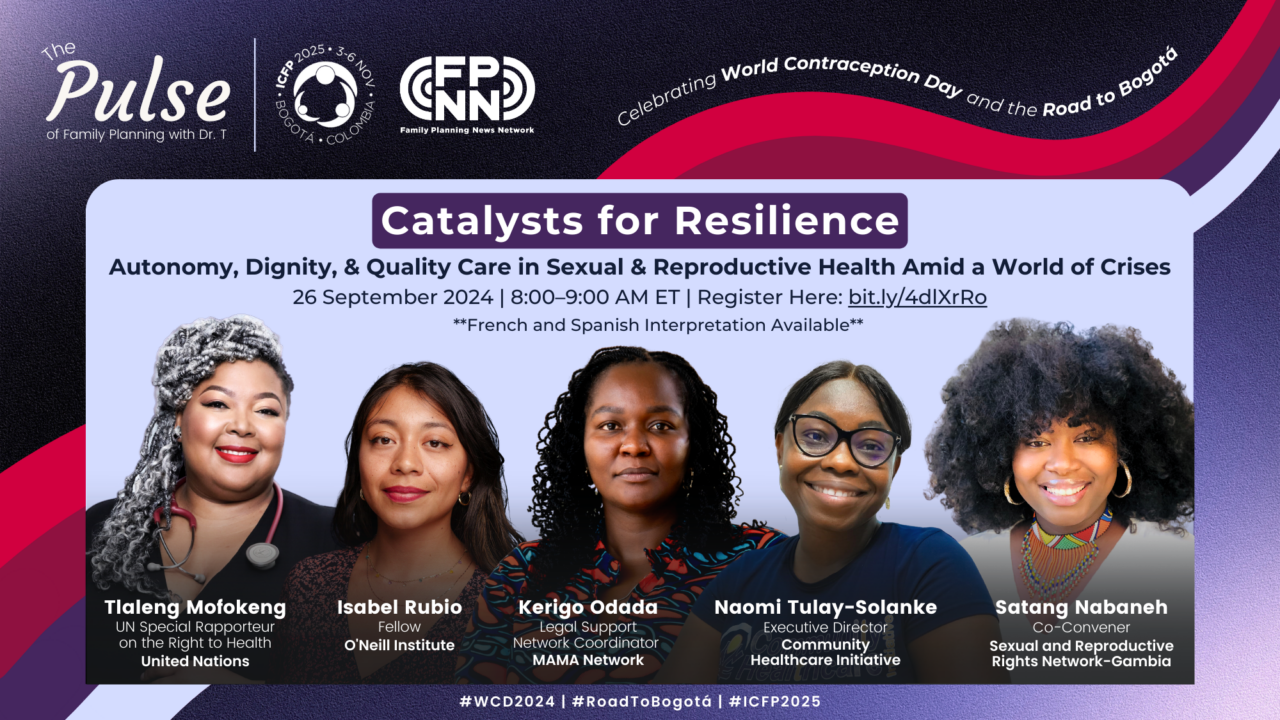
Jose “Oying” Rimon II, Director of the William H. Gates Sr. Institute for Population and Reproductive Health, was recently quoted in an article from the Wall Street Journal titled, “Suddenly There Aren’t Enough Babies. The Whole World Is Alarmed.” The article explores the social, economic, and geopolitical consequences of falling birthrates in many countries across the world.
In the past, Sub-Saharan Africa was predicted to be resistant to falling global fertility; this now appears to be changing. Rimon credits this to a push by national leaders in Africa which, he predicted, would drive fertility down faster than the UN projects.
Fertility is falling globally, for women across all levels of income, education, and labor-force participation. According to FP2030, the number of women using modern contraception has grown by 92 million since 2012. “Today, among all women of reproductive age, 35.2% are using a modern method of contraception,” it reports.
“The falling birthrates come with huge implications for the way people live, how economies grow and the standings of the world’s superpowers,” said Rimon.
See further analysis on the causes and implications of changing birthrates in the full article below.







